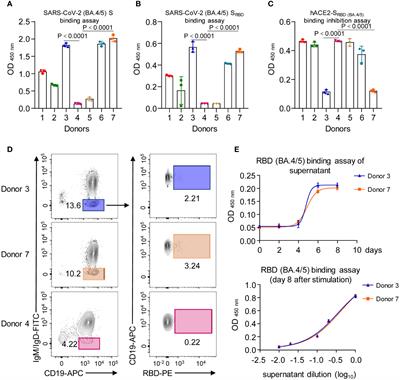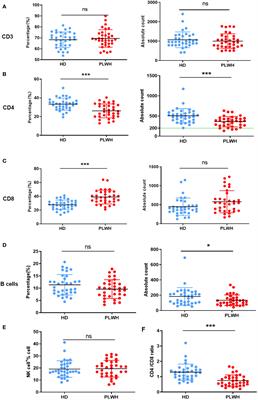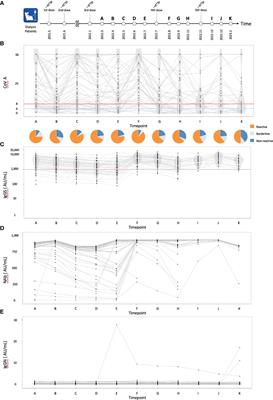ORIGINAL RESEARCH
Published on 30 Apr 2024
A universal recombinant adenovirus type 5 vector-based COVID-19 vaccine

doi 10.3389/fimmu.2024.1374486
- 1,396 views
6,502
Total downloads
24k
Total views and downloads
ORIGINAL RESEARCH
Published on 30 Apr 2024

ORIGINAL RESEARCH
Published on 06 Mar 2024

CLINICAL TRIAL
Published on 15 Nov 2023

ORIGINAL RESEARCH
Published on 16 Aug 2023

ORIGINAL RESEARCH
Published on 01 Aug 2023

ORIGINAL RESEARCH
Published on 26 Jul 2023

CASE REPORT
Published on 03 Jul 2023

ORIGINAL RESEARCH
Published on 15 Mar 2023
